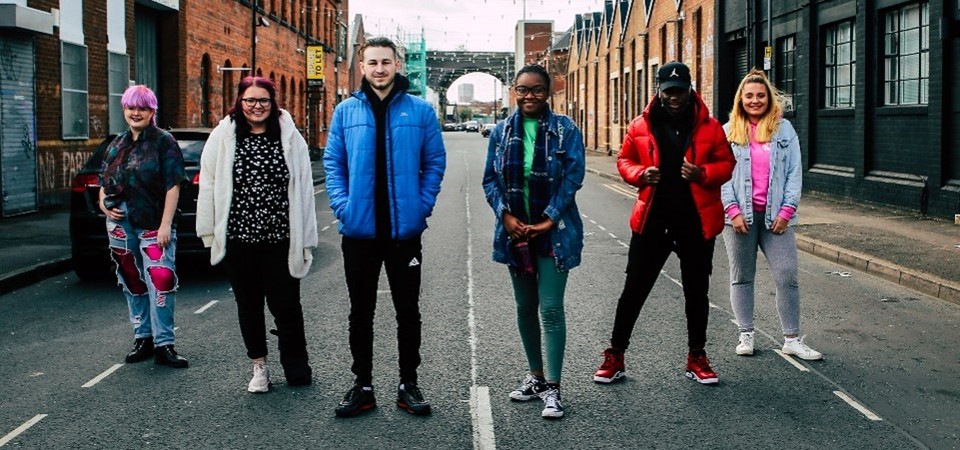The report was funded by the West Midlands Combined Authority Homelessness Taskforce, facilitated by the homeless charity St Basils and carried out by the Centre for Research in Social Policy, an independent research centre based at Loughborough University.
The research involved 21 in-depth interviews with young people aged 17 – 25 across the West Midlands who were living in or had moved on from supported housing after experiencing or been at risk of homelessness.
It revealed how young peoples’ employment circumstances interact with their financial and housing situation and shape their ability to make ends meet and plan for their future.
It showed that while steady work with reasonable earnings can provide the opportunity to cover costs and come off Universal Credit, fluctuating hours and earnings can throw finances into disarray as varying benefit payments make it hard to budget.
The research also highlighted the difficulty for young people who want to work when living in supported accommodation where higher rents and complex interaction with the social security system causes uncertainty about the financial viability of working and the fear of facing high housing costs. [KH1]
Lead researcher Katherine Hill, from Loughborough University, said: “This research highlights the inadequacy and inequity of a social security system that provides a lower rate of benefits to people under 25.
“Young people we spoke to face the same living costs regardless of age but receive £70 a month less in Universal Credit.
“This isn’t only unfair but the amount is just too low – struggling to cover essentials let alone anything else, especially with rising food and energy bills was a constant stress.
“We need a social security system that better supports young people moving on from homelessness to live independently, make ends meet, and look ahead – this means entitlement to the standard Universal Credit rate, and less complex interaction with earnings to make work more viable.”
The report highlighted a number of key factors and recommendations that would help young people.
They included having suitable and affordable housing, benefit rates that they could live on, and being able to move into stable and financially viable work, when ready.
Recommendations from the report:
- Pay the Universal Credit standard 25 or over rate to all young people living independently
- Reinstate the Work Allowance (which was abolished for single adults in 2016)
- Cap the rent at Local Housing Allowance or social rent levels for a period of time when people move into work, with the difference between this and the regulated rent being paid directly to the landlord from Housing Benefit
- Increase the supply and improve access to suitable social housing and commissioned semi-supported accommodation.
- Provide help with up-front costs in private rented accommodation. Realign Local Housing Allowance rates with actual private sector rents and commit to uprating them annually in future.
- Subsidise transport. This could significantly ease the financial pressure on young people and increase their opportunities
Jean Templeton, Chief Executive of St Basils, said: “This research links young people’s ambitions to live and work with the challenges presented by our social security systems and helps identify what improvements could be made to support that shared ambition.
“The findings and recommendations will help to progress the WMCA Homelessness Taskforce’s aim of ‘designing out homelessness’ and we hope will provide the evidence to inform national policy changes.”
Councillor Sharon Thompson, Chair of the WMCA Homelessness Taskforce Members Advisory Group, welcoming the research.
She said: “The WMCA Homelessness Taskforce works in a collaborative way across sectors to identify regulations, policy, systems and practice which can contribute to the ultimate exclusion that is homelessness.
“This research shows how our current social security systems can unintentionally trap young people in poverty and unemployment and makes recommendations which can change that outcome.”
You can read the full report here: https://stbasils.org.uk/living-or-surviving/
ENDS
